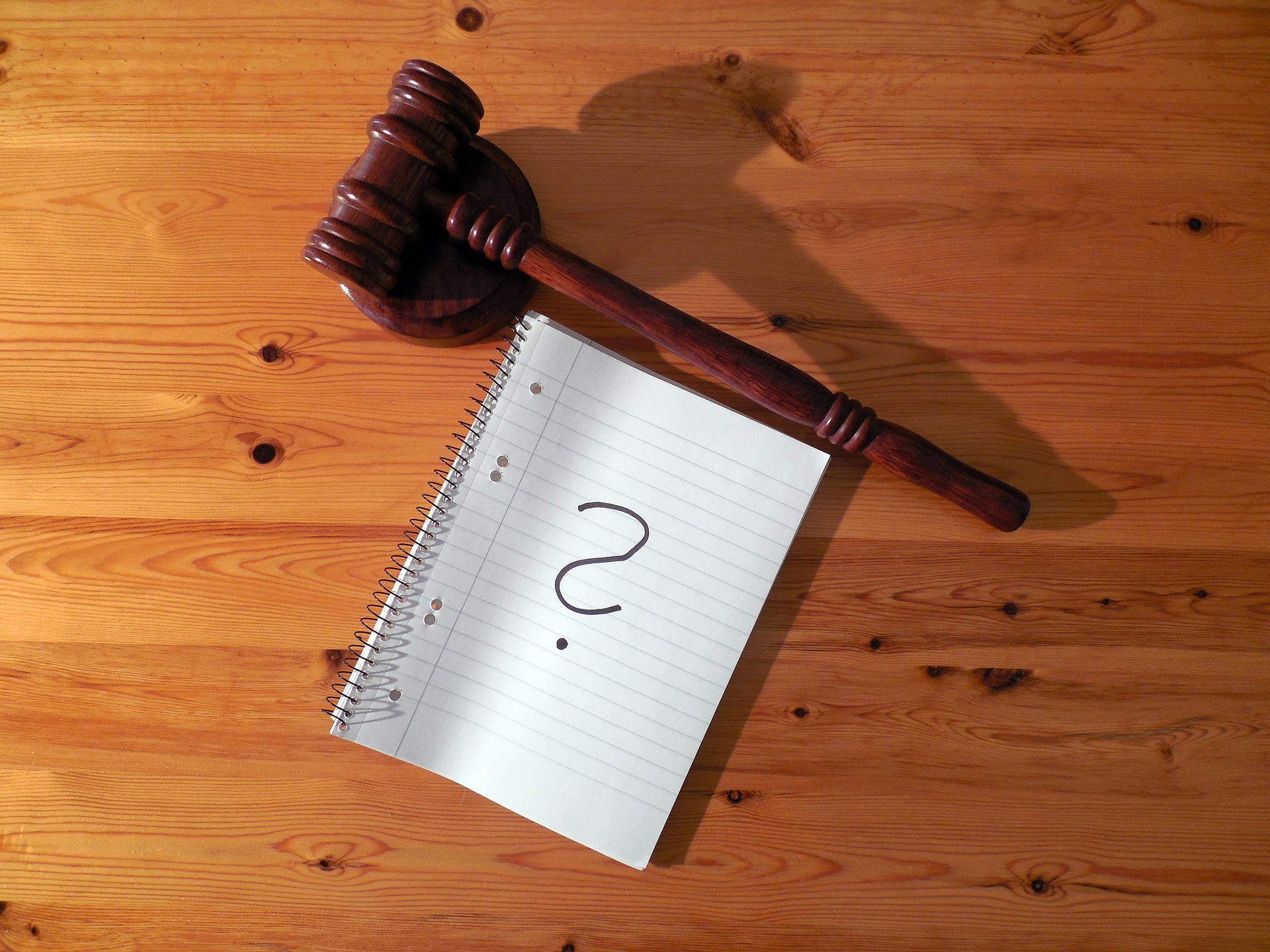
Nosing out whether an order is appealable can be difficult. But we know injunctions are appealable because they are listed explicitly in Code of Civil Procedure section 904.1, the appealability statute. But a preliminary injunction issued by an arbitrator is not. They are not a final “award,” and thus not appealable. That is the holding of *Kirk v. Ratner* (D2d7 Feb. 10, 2022) --- Cal.Rptr.3d --- (2022 WL 405422).
The parties settled their show business dispute, agreeing to confidentiality. Worried that Kirk would breach confidentiality, the movie executives initiated arbitration. The arbitrator issued a temporary restraining order followed by a preliminary injunction. The movie executive plaintiffs were not required to post a bond for the injunction.
Kirk petitioned the superior court to vacate the injunction. The court dismissed the petition on grounds it lacked jurisdiction because the preliminary injunction was not an “award” under Code of Civil Procedure section 1283.4.
Kirk appealed. But the Court of Appeal dismissed the appeal, holding both that the preliminary injunction was not an “award” subject to a petition to vacate, and the order dismissing the petition was not appealable for the same reason.
A superior court may only review an arbitrator’s “award.” The preliminary injunction was not an “award,” so it was not reviewable.
Section 1283.4 defines an arbitrator's “award” as a written ruling that “include[s] a determination of all the questions submitted to the arbitrators the decision of which is necessary in order to determine the controversy.” “The issuance of an ‘award’ is what passes the torch of jurisdiction from the arbitrator to the trial court.” (Lonky v. Patel (2020) 51 Cal.App.5th 831, 843 (Lonky).)
True, had the superior court issued the preliminary injunction, it would have been immediately appealable under Code of Civil Procedure section 904.1(a)(6). But arbitrator injunctions are not governed by section 904.1. Only those arbitrator orders that are “awards” under section 1283.4 may be reviewed by the superior court.
Federal law is different. But that is because federal law is governed under the Federal Arbitration Act (FAA) (9 U.S.C. § 1 et seq.), which differs from those in the California Arbitration Act by allowing for immediate review of certain interlocutory or partial awards.
The appellants argued that no published California case has considered whether arbitrator preliminary injunctions are reviewable. And the court did not point to any. So bookmark Kirk.
The court’s second holding is subtle. The court held that, after the arbitrator issued the preliminary injunction, the trial court’s order denying the petition to vacate that injunction was itself nonappealable. Recall that the court just held that the arbitrator’s injunction was not appealable. Thus, the trial court’s order denying the petition to vacate was legally correct. So why wasn’t that the end of the opinion?
Because efficiency. Former cases had read into section 1294(c) a requirement that the underlying arbitration award be final. And the court agreed with those cases here. “Without such a requirement, a wide variety of orders vacating (or dismissing petitions to vacate) interim arbitration awards would be appealable, which would interfere with the “ ‘efficient, streamlined procedure[ ]’ ” that is supposed to be arbitration's ‘fundamental attribute.’ ” (Judge v. Nijjar Realty, Inc. (2014) 232 Cal.App.4th 619, 634 (Judge).)
Comments: A few thoughts about the opinion:
The Upshot: If an arbitrator issues a preliminary injunction against you, consider seeking review by writ.